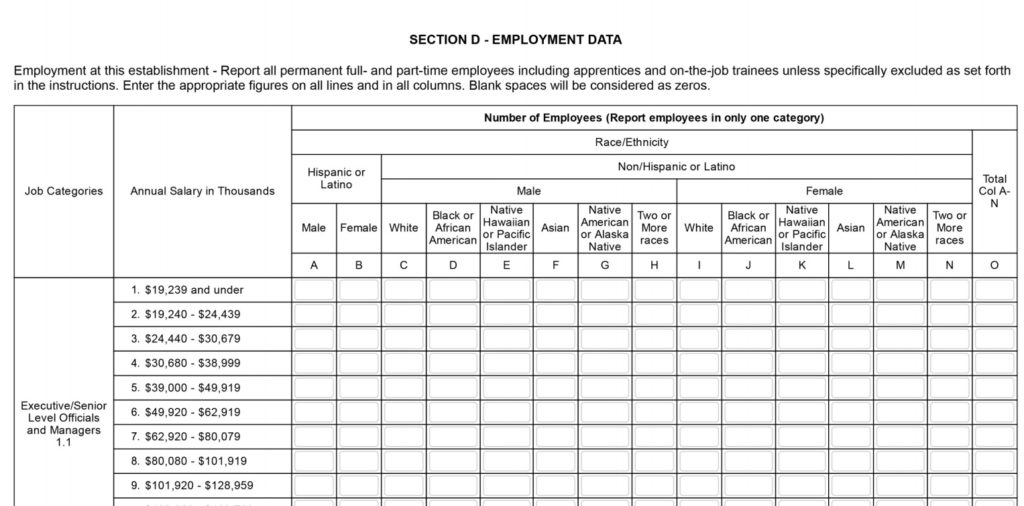Week in Regulation
May 6, 2019
Regulatory Budget Stagnates
Overall, last week was a relatively quiet one on the regulatory front. There were only eight rulemakings with some quantified cost or savings estimate. Only two of those were (relatively minor) final rules, so there was no real impact on the fiscal year (FY) 2019 regulatory budget under Executive Order (EO) 13,771. A Department of Energy (DOE) deregulatory proposal led the week. Between both proposed and final rules last week, agencies published $465.8 million in total net cost savings and added 46,917 hours of paperwork.
REGULATORY TOPLINES
- New Proposed Rules: 45
- New Final Rules: 53
- 2019 Total Pages: 19,641
- 2019 Final Rule Costs: $8.2 Billion
- 2019 Proposed Rule Costs: $5.1 Billion
TRACKING THE REGULATORY BUDGET
As noted above, with no final rules of any significance, the FY 2019 tally under EO 13,771 held steady. There was, however, one notable deregulatory proposal out of DOE. The proposed rule seeks to make the “Test Procedure Interim Waiver Process” more timely. DOE estimates that this could provide savings of up to $457.8 million (net present value under a 3 percent discount rate). If this rule becomes final before October 1, 2019, these savings would only add to DOE’s current total of $37.5 million in net savings for the fiscal year.
So far in FY 2019 (which began on October 1, 2018), there have been 44 deregulatory actions (per the rubric created by EO 13,771 and the administration’s subsequent guidance document) against 18 rules that increase costs and fall under the EO’s reach. Combined, these actions yield quantified net costs of roughly $9.2 billion. This total, however, includes the caveat regarding the baseline in the Department of Agriculture’s “National Bioengineered Food Disclosure Standard.” If one considers that rule to be deregulatory, the administration-wide net total is approximately $2.5 billion in net costs. The administration’s cumulative savings goal for FY 2019 is approximately $18 billion.
THIS WEEK’S REGULATORY PICTURE
One can describe “regulatory policy” in many ways: mundane, opaque, monotonous, complex, legalistic. The list goes on. In order to help provide a clearer and more straight-forward view into this world, the American Action Forum (AAF) will seek to provide a brief illustration of a notable regulatory trend we have identified in a given week. This week’s entry: The reinstatement of the Equal Employment Opportunity Commission’s (EEOC) revised form EEO-1.


The EEOC published a notice in the May 1 Federal Register formally reinstating its revised EEO-1 form, which is an employer compliance survey required by federal law that collects company employment data categorized by race/ethnicity, gender, job category, and now, wage information. The images above show a sample of the previous form, without the wage information, and the new form. This new wage information requirement, originally cleared by the Office of Information and Regulatory Affairs (OIRA) in 2016, was stayed by the Trump Administration’s OIRA while it sought to review the collection of wage information. A federal court ruled in March 2019, however, that OIRA’s stay was unlawful due to its “inadequate reasoning,” and ordered the revised form to be reinstated.
The situation is interesting because OIRA’s effort to review the wage information collection relied on its authority under the Paperwork Review Act (PRA) in an attempt to substantively modify an action of an independent agency. OIRA can review and approve significant rules of executive agencies under EO 12,866. That order does not extend the same ability to the rules of independent agencies. The court’s decision does not suggest that OIRA did not have the authority to review the form under the PRA, but simply that OIRA did not have a good reason to review this form that it had previously cleared.
The revised form will now take effect, and in its notice the EEOC says that companies should be prepared to file the wage information for 2018 by September 30, 2019. In addition, the EEOC published an announcement in the May 3 Federal Register to notify employers that it will begin collecting wage information from 2017 beginning in July 2019.
TOTAL BURDENS
Since January 1, the federal government has published $13.2 billion in net costs (with $8.2 billion in finalized costs) and 25 million hours of net paperwork burden increases (almost entirely from final rules). Click here for the latest Reg Rodeo findings.












